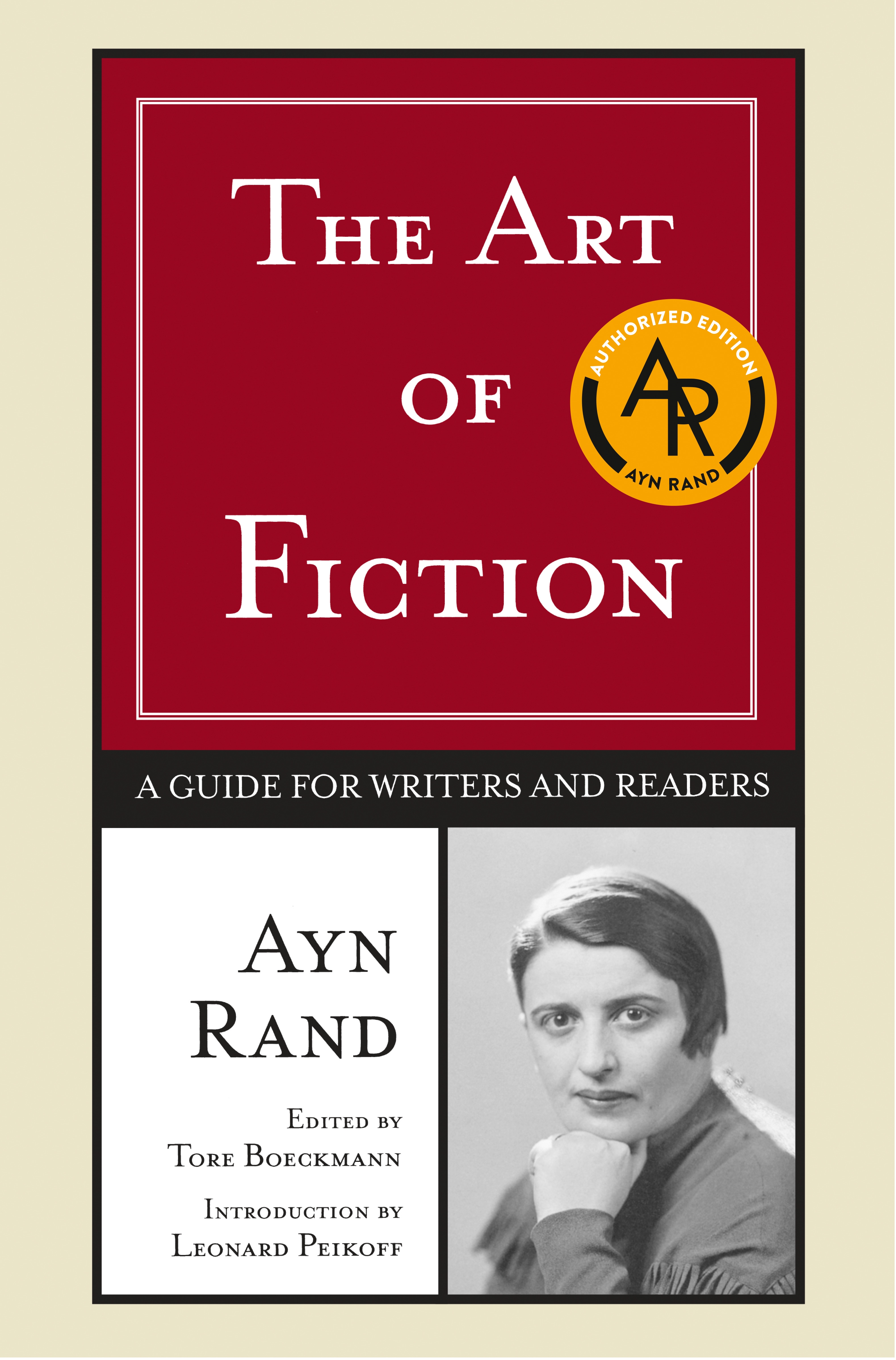Ayn Rand Books: A Comprehensive Exploration

Ayn Rand, a towering figure in 20th-century literature and philosophy, left an indelible mark on the world with her powerful novels and provocative non-fiction works. Her unique philosophy, Objectivism, continues to inspire debate and discussion, making her books a subject of enduring interest for readers and scholars alike. This article delves into the world of Ayn Rand’s literary contributions, examining her books, her writing style, their cultural impact, and the resources available for further learning and exploration.
Ayn Rand’s Literary Works: A Diverse Collection

Ayn Rand’s oeuvre is a blend of fiction and non-fiction, each contributing to her overarching philosophical perspective. Her fiction, characterized by strong female and male protagonists, explores themes of individualism, self-reliance, and the pursuit of personal excellence against the backdrop of societal pressures and moral compromises. Her non-fiction pieces directly articulate the principles of Objectivism, providing a theoretical framework for understanding her fictional narratives. The genres she mastered include:
1. Novels: Epic Tales of Individualism
Ayn Rand’s novels are renowned for their sweeping scope and complex characters. They are not simply stories; they are philosophical explorations disguised as compelling narratives. Her most famous works include:
Atlas Shrugged: Arguably her magnum opus, Atlas Shrugged is a sprawling epic that depicts a dystopian future where the nation’s most productive individuals, driven by a philosophy of self-interest and rational egoism, go on strike to challenge the stifling collectivist policies of the government. Its length and complexity have made it a challenging but rewarding read for many.
The Fountainhead: This novel follows the journey of Howard Roark, a fiercely independent architect who refuses to compromise his artistic vision, even in the face of societal disapproval and professional setbacks. The Fountainhead is a powerful exploration of artistic integrity, individualism, and the conflict between creative genius and a conformist society.
We the Living: Published earlier in Rand’s career, We the Living offers a glimpse into the oppressive atmosphere of Soviet Russia under Stalin’s rule, showcasing the struggles of individuals striving for freedom and self-expression in a totalitarian regime. This novel highlights the importance of individual liberty and the devastating consequences of collectivism.
Anthem: A shorter, more allegorical novel, Anthem presents a dystopian society that has eliminated individualism and embraces the collective “We.” The protagonist’s rediscovery of the “I” and the power of individual thought forms the central theme, illustrating Rand’s belief in the importance of reason and self-esteem.
These novels, while fictional, serve as powerful illustrations of Objectivist principles, showcasing their implications in various aspects of human life—from artistic creation to business ventures and romantic relationships.
2. Non-Fiction: Articulating the Philosophy of Objectivism
Ayn Rand’s non-fiction works explicitly lay out the core tenets of her philosophical system, Objectivism. These essays and philosophical treatises provide a deeper understanding of the principles underlying her fictional narratives and serve as a foundation for further exploration of her thought. Some of her significant non-fiction works include:
The Virtue of Selfishness: This collection of essays defines Objectivism’s ethical framework, emphasizing the importance of rational self-interest as a moral imperative. Rand argues that selfishness, properly understood, is not egotism or disregard for others, but rather a commitment to one’s own well-being and the pursuit of one’s own values.
Capitalism: The Unknown Ideal: In this book, Rand explores the economic and political aspects of Objectivism, advocating for laissez-faire capitalism as the only moral and practical economic system. She critiques socialism and collectivism, arguing that they undermine individual freedom and lead to societal stagnation.
The Romantic Manifesto: Rand’s artistic manifesto delves into her views on art, literature, and the role of the artist in society. This book examines the nature of artistic creation, emphasizing the importance of individual expression and the rejection of conformity in art.
For the New Intellectual: This work, a collection of essays, represents a broader critique of contemporary intellectual trends and ideologies, challenging prevailing intellectual movements and defending the importance of reason, individualism, and a free society.
These non-fiction works offer a framework for understanding Rand’s philosophy and provide context for interpreting her novels, making them essential reading for anyone seeking a comprehensive understanding of her thought.
Ayn Rand: The Author and Her Influence
Understanding Ayn Rand’s life and experiences offers valuable insights into her writing and philosophy. Born in Russia, she witnessed firsthand the devastating effects of communism and fled to the United States, where she developed her unique philosophical perspective. Her personal struggles and unwavering commitment to her beliefs are reflected in the strong, independent characters that populate her novels.
1. Biographical Insights: Shaping the Writer
Ayn Rand’s life was a fascinating blend of success and controversy. Her passionate advocacy for Objectivism, along with her uncompromising personal life, made her both a celebrated and controversial figure. Studying her biography provides a nuanced understanding of the sources of inspiration for her ideas and the context within which her writing emerged.
2. Writing Style: A Distinctive Voice

Rand’s writing style is unique and easily recognizable. Her prose is characterized by its clarity, precision, and passionate intensity. She uses vivid imagery, strong descriptions, and long, flowing sentences to convey her ideas and create an immersive reading experience. While some criticize her style as didactic or overly dramatic, many readers find her writing both compelling and intellectually stimulating.
3. Inspirations and Influences: The Seeds of Objectivism
Rand’s philosophical views were not created in isolation. Her thought was influenced by various thinkers and historical events, ranging from the philosophical tradition of rationalism to the political upheavals of the 20th century. Understanding these influences allows readers to grasp the origins and development of Objectivism and its underlying assumptions. Lbibinders.org offers numerous resources that explore these intellectual roots.
4. Famous Works: A Legacy of Ideas

Rand’s most celebrated works, both fiction and non-fiction, continue to exert a profound influence on contemporary thought and culture. Their enduring appeal lies in their passionate advocacy for individual freedom, their unflinching critique of collectivist ideologies, and their depiction of strong, compelling characters.
Reading, Learning, and Engaging with Ayn Rand’s Work
Beyond simply reading Ayn Rand’s books, there are many resources available to deepen your understanding and engagement with her work.
1. Summaries and Analyses: Understanding Complex Ideas
Understanding Ayn Rand’s complex ideas can be enhanced through summaries, analyses, and critical interpretations of her work. Many resources available online and in print provide concise summaries of her major works and explore the subtleties of her philosophical arguments.
2. Educational Value and Life Lessons: Applying Objectivism
Ayn Rand’s works offer significant educational value and valuable life lessons. Her novels explore universal themes of human nature, relationships, and the pursuit of happiness, prompting readers to reflect upon their own values and life choices. Her non-fiction works provide a framework for ethical decision-making and offer insights into the workings of society and the importance of personal responsibility. Lbibinders.org can connect you with discussions and interpretations of these life lessons.
3. Reading Habits and Engagement: Joining the Conversation
Ayn Rand’s books have sparked countless discussions and debates. To enhance your understanding and engagement, participate in online forums, book clubs, and discussions about her works. This allows you to gain different perspectives, challenge your own views, and develop a more sophisticated understanding of her philosophy and its impact.
Libraries and Archival Resources: Accessing Ayn Rand’s Work
Ayn Rand’s books are widely available in libraries worldwide. Digital libraries also offer convenient access to her works in various formats. For researchers and scholars, archival collections hold invaluable resources, including manuscripts, letters, and other materials that offer further insights into the author’s life, writing process, and the development of her ideas.
Ayn Rand’s Cultural Impact: A Lasting Legacy
Ayn Rand’s influence extends far beyond the realm of literature. Her work has impacted various fields, including politics, economics, and popular culture.
1. Literary Influence: Inspiring and Provoking
Ayn Rand’s writing has influenced countless authors and writers. Her style, her characters, and her themes have resonated deeply with various readers, stimulating literary creation and critical analysis.
2. Adaptations and Popular Culture: Bringing Rand’s Stories to Life
Ayn Rand’s novels have been adapted into films, plays, and other media. These adaptations, while sometimes diverging from the original source material, continue to bring her powerful narratives and ideas to a wide audience.
3. Awards and Recognition: Acknowledging Rand’s Contributions
Ayn Rand received various awards and honors during her lifetime, acknowledging the significant contribution of her literary and philosophical works. Her enduring popularity is a testament to the influence of her writing.
4. Communities and Discussions: Engaging with Objectivism
Numerous online and offline communities dedicated to the study and discussion of Ayn Rand’s philosophy and literature exist. These communities provide a platform for exchanging ideas, engaging in intellectual debate, and fostering a deeper understanding of her work and its enduring significance.
In conclusion, Ayn Rand’s work continues to resonate with readers and scholars across disciplines. Her novels and essays offer a powerful exploration of individualism, self-reliance, and the pursuit of excellence, encouraging critical thinking and self-reflection. Her lasting legacy is a testament to the power of ideas and the enduring influence of a singular and uncompromising voice. Lbibinders.org encourages readers to engage further with her work and contribute to the ongoing conversation that surrounds her philosophy and literature.